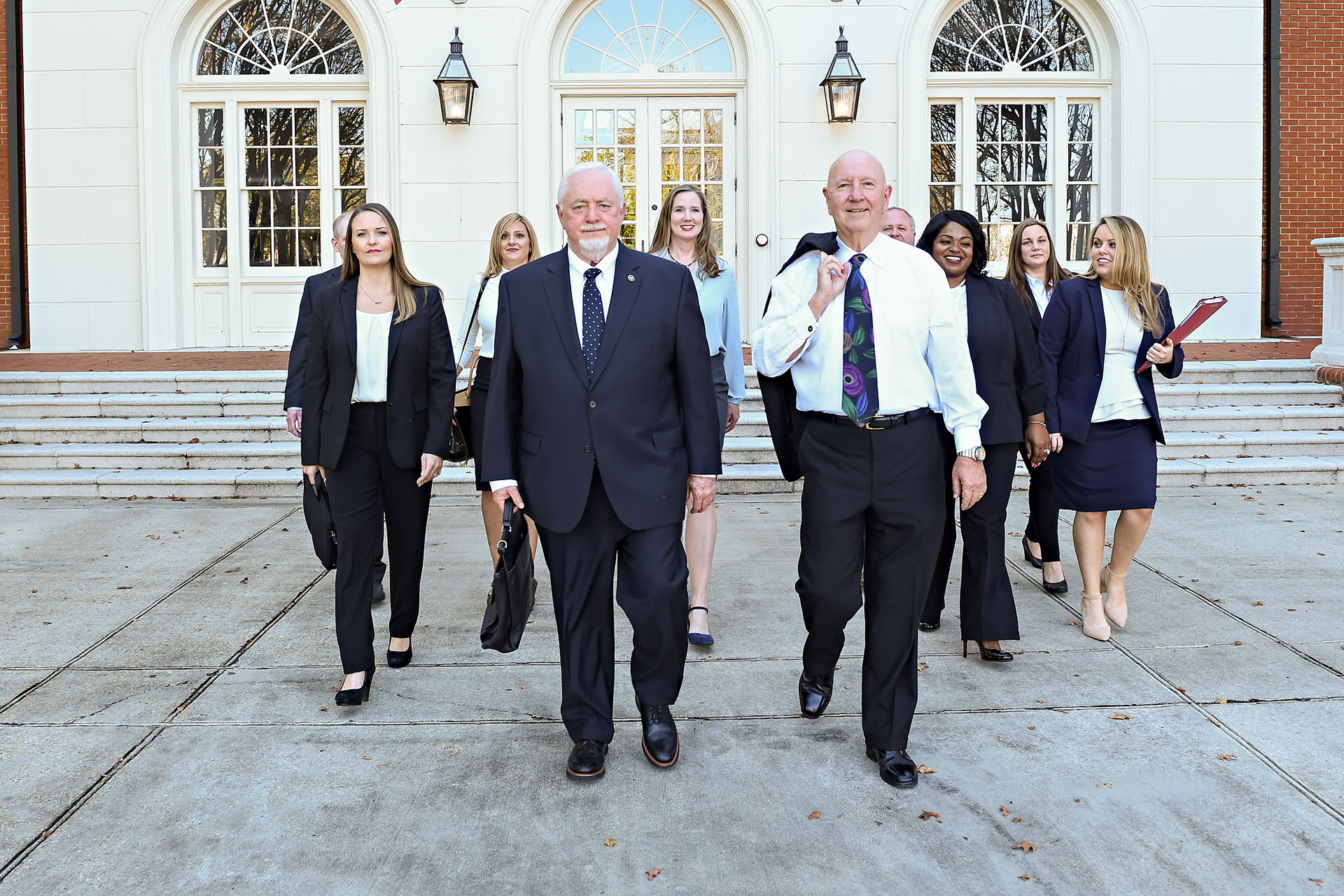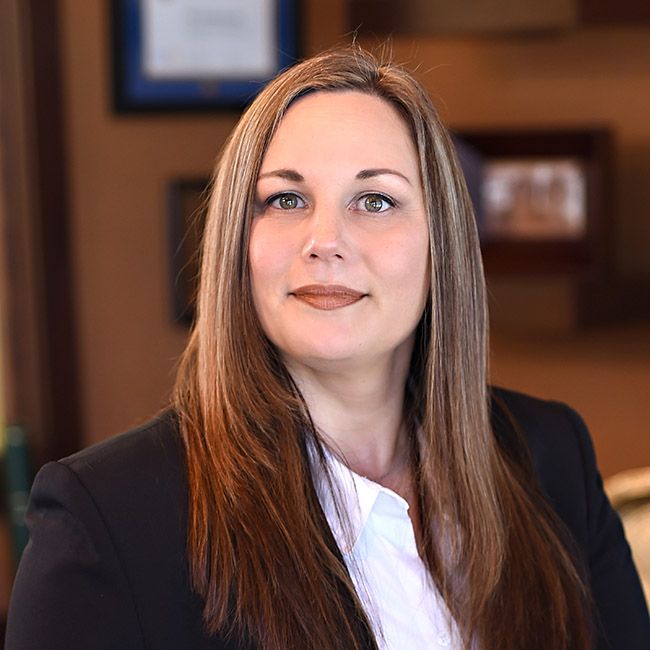practice area
Litigation Attorney
Litigation

Commercial Litigation
Real Estate Matters
Employment Disputes
Seale & Ross helps businesses defend lawsuits by current or former employees, including claims of discrimination (based on disability, age, race, etc.), retaliation, equal pay violations, harassment, and whistleblower and other federal and state law violations. We also represent employers who must institute litigation against a former employee for various acts, including violation of a non-competition agreement or non-solicitation agreements, or improper use of confidential information and trade secrets.
Our Labor & Employment attorneys represent governmental entities and small to medium size businesses before state and federal courts, as well as federal administrative agencies in the following areas:
- Age discrimination
- Breach of employment contracts
- Defamation
- Disability discrimination
- Employee dishonesty
- ERISA
- Fair Labor Standards Act
- First Amendment
- Intentional infliction of emotional distress
- Noncompetition agreements
- OSHA defense and compliance
- Political discrimination
- Race discrimination
- Racial harassment
- Religious discrimination
- Sex discrimination
- Sexual harassment
- Trade secrets
- Unfair competition
- Workers' compensation discrimination
Succession Litigation
Personal Injury Claims
Bankruptcy on Behalf of Creditors
Individuals and businesses in financial difficulties often resort to the federal bankruptcy court for protection. It is imperative for a creditor to seek the guidance of an experienced law firm such as Seale & Ross to avoid the pitfalls that exist for the unwary creditor in bankruptcy court.
Automatic Stay
Once a bankruptcy petition is filed, the law imposes an automatic stay of all debt collection activities. This automatic stay acts as an injunction against creditors, preventing even state court actions already in progress from going forward. An unrepresented creditor may find itself in violation of the automatic stay because of its seemingly innocent acts.
Adequate Protection
If a creditor is secured, the creditor can ask the court for adequate protection, to order the debtor to adequately protect the value of the collateral. Creditors should demand that collateral be insured against loss or damage and be properly maintained. The creditor can also seek for the debtor to make payments to the bankruptcy trustee or the creditor to protect against depreciation while the stay is in effect. If the debtor does not adequately protect the collateral, the creditor can ask the court to lift the stay and allow the creditor to take possession of the collateral.
Failure to Disclose
A party filing bankruptcy must disclose all information relevant to their financial condition to the court, which is provided to their creditors. Failure to disclose relevant information may result in serious penalties, including dismissal of the bankruptcy. In extreme cases of actively hiding assets, debtors may be charged with a federal crime. Our diligent work, together with our creditor clients, often enables the court to ferret out hidden assets and to uncover fraud and abuse of the bankruptcy process.
Non-Dischargeable Debts
A debtor in bankruptcy may not be entitled to a discharge of certain debts, or, in some cases, a discharge at all. Non-dischargeable debts may include:
- those incurred by fraud, embezzlement, or theft;
- defalcation while acting in a fiduciary capacity such as a trustee, partner, guardian, or similar capacity;
- domestic support obligations; and
- willful or malicious injury.
These exceptions to discharge are not automatic and are very fact-intensive. To object to discharge, a creditor must file a complaint in bankruptcy court within certain time limitations and has the burden of proof. When an action is pending in another (non-bankruptcy) court involving possible issues as to whether the debt sued upon may be non-dischargeable, experienced bankruptcy counsel can take action to expedite the procedure in bankruptcy court.









